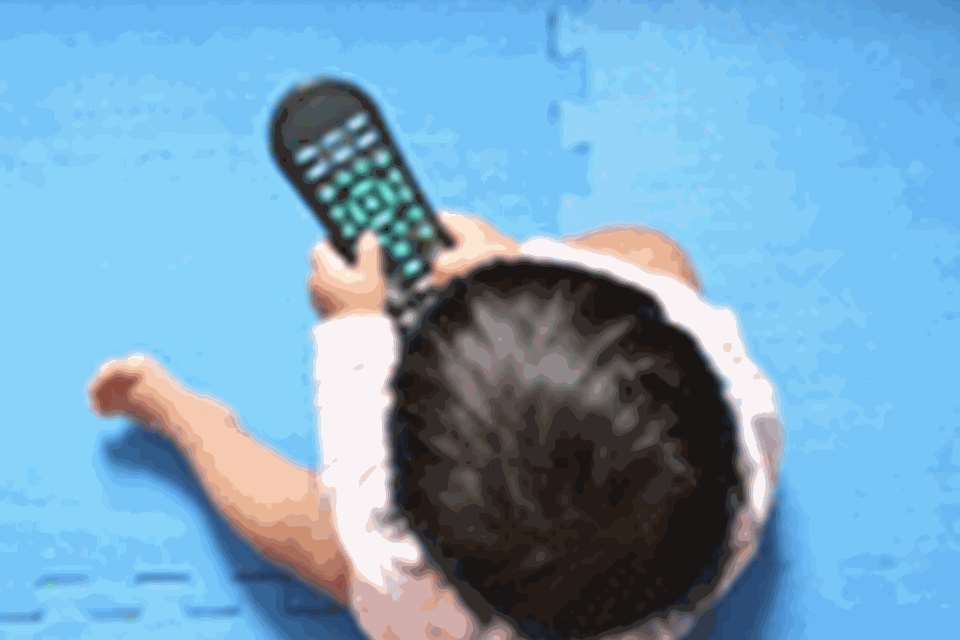New research to measure effect of TV on children's creativity
Monday, May 18, 2015
A new research project will examine the impact that watching television has on young children’s creativity and imagination.

The project, which will involve 60 three-year-olds, is being carried out by the Children’s Lab at Staffordshire University, which opened this spring.
Over the next few months, researchers from the lab will assess whether watching an episode of children’s television programme Postman Pat affects the imagination and creativity of three-year-olds.
Dr Sarah Rose, a lecturer in developmental psychology at Staffordshire University, who is leading the research, told Nursery World that Postman Pat was chosen as it is a programme that has been on television for a number of years, and while the pace of the programme has changed, the storylines have not altered much.
Under the study, children are given an ‘unusual box’ to play with when they arrive at the lab. The box has ledges of wood attached to it, loops and holes, and inside is a stairway.
In order to test their creativity, the children are given different objects to use within the box, including an ‘odd shaped spatula’, large rubber hook and Kong dog toys. For every movement they make with the objects in the box, such as moving them up and down the stairs or balancing them on the shelves, the children receive a point. The more unusual the move, the more points they get.
Following this, the children either watch an old ‘slow-paced’ episode of Postman Pat from the 1990s, a recent more ‘fast-paced’ episode or are given books and jigsaws to read and play with.
To determine the effect of watching the TV episode, all the children are then set a number of action and movement tasks to complete, including exploring how many different ways they can get from one side of a room to another and get a paper cup into a bucket. Similar to the activity with the ‘unusual box’, the children score points for each movement they make.
The research findings, being published in December, will be based upon children’s scores before and after watching an episode of Postman Pat, taking into account the number of ideas they had and how creative they were.
Dr Rose told Nursery World that according to existing studies there could be two different outcomes.
‘Existing literature indicates that watching fast paced TV helps children come up with lots of ideas, which suggests children are more hyperactive. However, previous studies have also suggested that slow-paced TV can make a child more thoughtful and creative’, she explained.
- In September, the Children’s Lab at Staffordshire University will start a new project examining the effect of watching TV on children’s free play, for which it is looking for pre-school age children to take part. For more information and to register your interest click here









